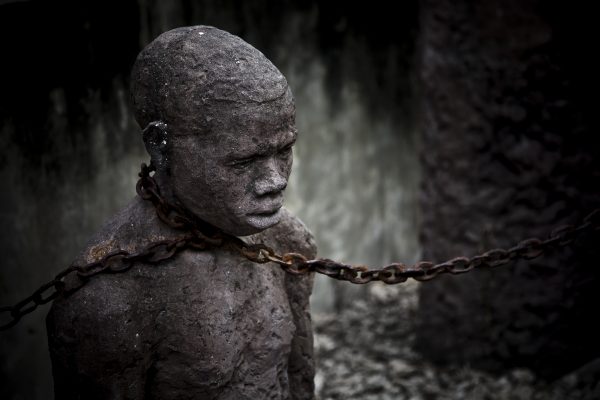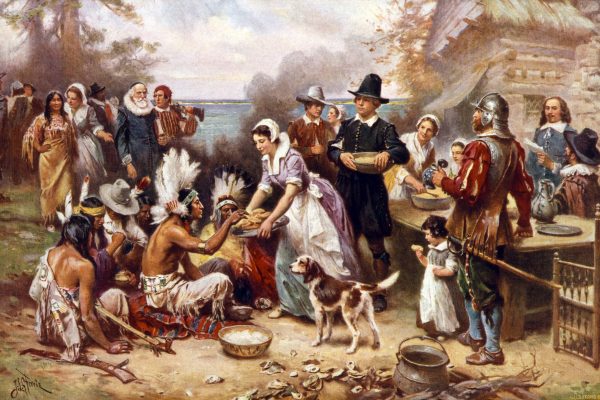This week, approx 1,400 years ago, the Prophet conquered Mecca. Here are five lessons we can derive from how he behaved and acted once the Muslims were in a position of power and authority.
This week, approx 1,400 years ago, the Prophet conquered Mecca. Here are five lessons we can derive from how he behaved and acted once the Muslims were in a position of power and authority.
According to one interpretation of the Islamic calendar, the conquest of Mecca happened this week, approximately 1393 years ago.
What Is the Conquest of Mecca?
Mecca is the Prophet’s hometown. 13 years into his Prophethood, the Quraysh put out a hit on him. He fled Mecca as a refugee to the land of Yathrib (which later became known as Medina) to save his life. The Prophet spent eight years in Medina receiving revelation of the Holy Quran, establishing Islam in the land, as well as fighting off numerous attempts of the Quraysh to destroy the religion of Islam.
Eight years later, not only did the Prophet return to his hometown, he conquered it and established Islam as the region’s primary religion.
History books have detailed accounts of the Conquest of Mecca. In summary, the Prophet and his army entered the city peacefully, without any bloodshed and took control of the Holy Kaabah.
Years of persecution by the Quraysh finally came to an end.
For the first time, Islam became the dominant force. People were wondering how the Prophet would behave, being in a position of authority. The Prophet’s actions are a blueprint for what dominant Muslim powers of today should do. Here are five derived from the conquest.
Establishing Tawheed
For the longest time, the Kaaba was littered with idols that would be worshipped. The Kaaba is supposed to be the fountainhead of monotheism, originally established by Prophet Ibrahim and his son Prophet Ismail. As a result, it had to return to its original state.
The Prophet asked Imam Ali to climb to the top of the Kaaba and remove every idol and purify the general area.
With this, tawheed was re-established where it rightfully belonged.
Establishing tawheed doesn’t mean destroying churches, temples, synagogues and other non-Muslim houses of worship but sanctifying and reclaiming what was originally the property of Muslims/monotheists.
Forgiveness and Mercy
The Conquest of Mecca was the perfect chance for the Prophet to exact revenge on the people who made his life a living hell. Nobody would stop him, and some Muslims would even encourage him! However, the Prophet wouldn’t be much of a ‘mercy to mankind’ if he is seen killing people who aren’t actively hostile to him or his followers.
The Prophet forgave everyone and granted them amnesty, including people like Abu Sufyan, who was the chief mischief maker.
The Prophet went down the forgiveness route because it would make Islam attractive to the non-Muslims in Mecca. The kindness of the Prophet does a lot more for the image of Islam, and he chose that over his personal grudges. For the Prophet, it was all about the reputation of Islam and establishing and growing God’s religion on Earth.
No Forced Conversions
Whilst we see so-called Muslim terror groups killing people unless they convert, the Prophet granted freedom of religion, much like he did in Madina. Nobody was forced to convert to Islam. The Prophet was at peace with anyone who was at peace with him.
Once again, the Prophet wanted to introduce people to real and authentic Islam. Not forcing people to convert probably caused more people to convert at their own will!
Not Being Power Hungry
The Prophet did not concur Mecca or establish an Islamic state in Medina because he was power-hungry. He only did it to establish Islam on Earth. That was his main motivator. Can Muslim nations of today say the same?
Upon conquering Mecca, he didn’t loot its people or wealth. He used the opportunity to have the whole city at his disposal to impart important messages. At the Conquest of Mecca, he:
- Advised people to abandon war and grudges
- Encouraged Islamic brotherhood
- Reminded the people that Arabs are not superior to non-Arabs on account of ethnicity
- Re-emphasised that there are only two categories of people: good and evil
Being an Authentic Leader
He didn’t tell his followers to build a fancy palace for him, didn’t get 100s of people serving him and worshipping the ground he walked on. He became an authentic leader. How did he do this?
- Leading by example. Whatever he taught or advised, he first practised himself.
- Lived like the people. He lived, dressed and was accessible like the common Meccan. By becoming approachable, he became liked, which drew people to Islam.
- Established justice. As a leader, he treated people equally. He didn’t favour his friends or family over others when it came to distributing funds.
By revisiting the life of the Prophet, I have realised there are so many lessons to be derived from this great man. Muslims should stop parading the Prophet like a trophy and start acting on his teachings, mannerisms and behaviours. Only then can we begin to walk towards a conflict-free and united world.





